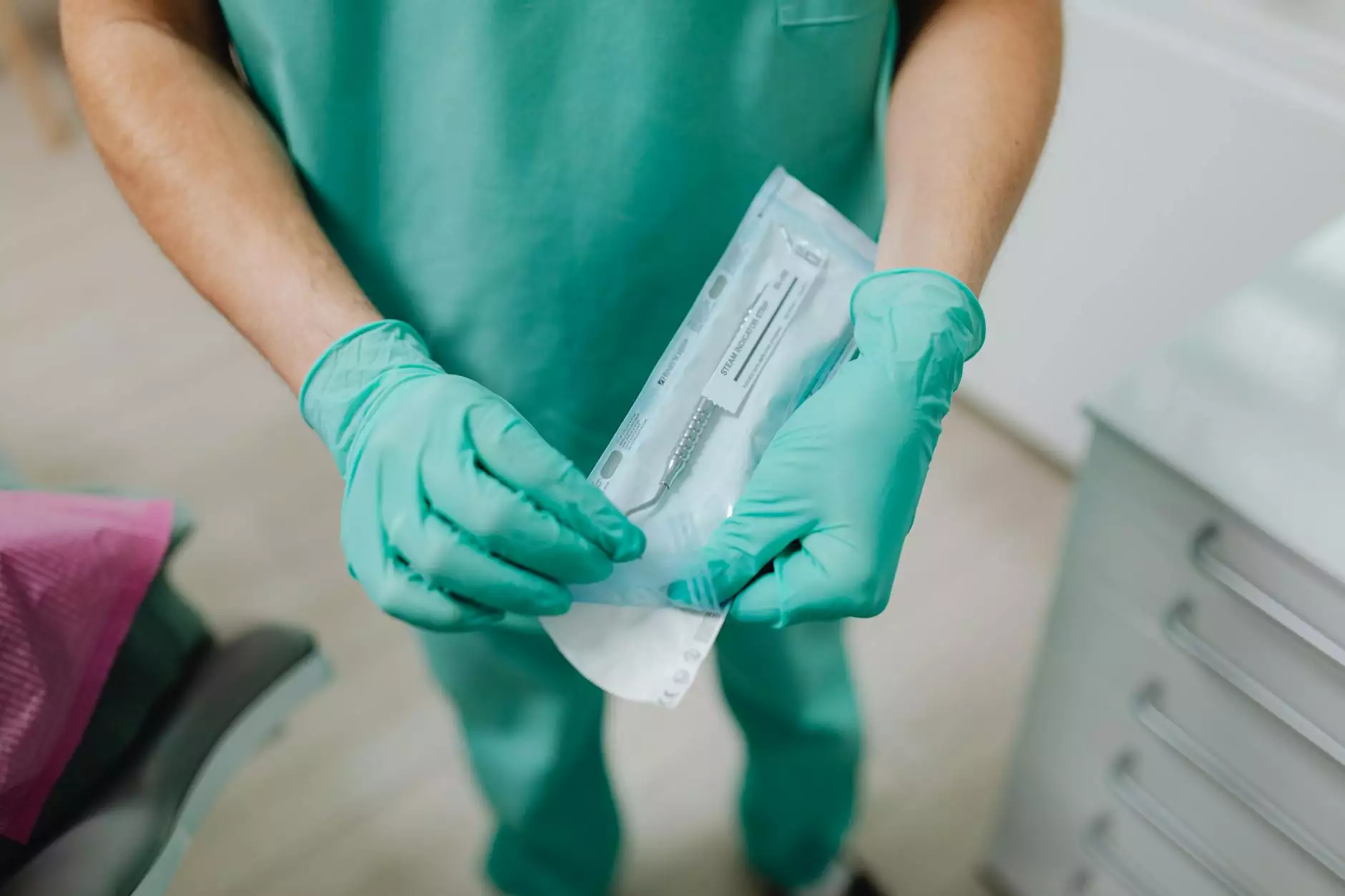Understanding the Removal of Wisdom Tooth Cost

The removal of wisdom teeth is a common dental procedure, yet the removal of wisdom tooth cost can vary significantly. Understanding this cost is crucial for anyone considering the procedure. In this article, we will delve deep into the various aspects that influence the price of wisdom tooth extraction, the factors to consider, and tips on how to manage dental costs effectively.
What are Wisdom Teeth?
Wisdom teeth, or third molars, typically emerge between the ages of 17 and 25. In many cases, people experience issues with their wisdom teeth due to:
- Overcrowding: The jaw may not have enough space for these additional teeth.
- Impaction: Wisdom teeth can become trapped in the jaw or under the gums.
- Infection: Erupted wisdom teeth can be prone to cavities and gum disease due to difficult cleaning.
Factors Affecting the Cost of Wisdom Tooth Removal
When it comes to understanding the removal of wisdom tooth cost, several factors play a significant role:
1. Location and Type of Dental Office
The geographical location can significantly impact the cost. Urban areas typically charge higher fees compared to rural settings. Additionally, private dental clinics may have different pricing structures than public health facilities.
2. Complexity of the Extraction
Wisdom tooth extractions can be simple or complex based on their position. Some teeth may be fully erupted, while others might be impacted, requiring surgical intervention. The complexity will largely influence the overall cost. For example:
- Simple Extraction: Usually fees are lower for teeth that are easily accessible.
- Surgical Extraction: Higher costs are expected for impacted or severely positioned teeth.
3. Anesthesia Used
The type of anesthesia can also affect costs. Options include local anesthesia, sedation, or general anesthesia. Sedation and general anesthesia typically increase the total price of the procedure.
4. Dentist’s Experience
The experience and qualifications of the dentist performing the procedure can also impact costs. Highly experienced and specialized oral surgeons may charge more for their expertise.
5. Additional Costs
Beyond the extraction itself, other costs may be associated, including:
- X-rays: Necessary for evaluating the position of the wisdom teeth.
- Follow-up Visits: Post-operative check-ups are crucial for recovery.
- Medications: Pain relievers or antibiotics might be required after surgery.
Average Costs of Wisdom Tooth Removal
Understanding the average costs can help in making informed decisions. Below is a general outline of expected expenses:
1. Simple Extraction Costs
The average cost for a simple wisdom tooth extraction can range from $75 to $200 per tooth. This often involves local anesthesia and straightforward procedures.
2. Surgical Extraction Costs
For surgically impacted wisdom teeth, the cost can increase significantly, ranging from $300 to $800 for a single tooth. More complex cases may even exceed this range, sometimes requiring multiple procedures.
3. Anesthesia Costs
When using sedation or general anesthesia, additional fees may vary from $250 to $600. This should be confirmed with your provider before the procedure.
Insurance and Payment Options
Many dental insurance plans offer partial coverage for wisdom tooth removal, particularly if deemed medically necessary. It's essential to check your insurance policy for specifics. Additionally, many dental offices offer:
- Payment Plans: Options to spread out costs over time.
- Discounts: Some offices may offer discounts for cash payments or for multiple extractions.
- Financing Options: Third-party financing for larger dental expenses.
Preparing for Wisdom Tooth Removal
Before undergoing the procedure, it’s important to prepare adequately. Here are some useful steps:
1. Consultation
Schedule a consultation with your dentist or oral surgeon to discuss your options and get a complete breakdown of expected costs.
2. Medical History
Provide your dentist with a detailed medical history, including any medications you are taking.
3. Arrange Transportation
If undergoing sedation, arrange for someone to drive you home post-procedure, as you may feel groggy.
Post-Extraction Care
After wisdom tooth removal, proper aftercare is critical to ensure a smooth recovery. Here are some guidelines:
- Rest: Take it easy for at least 24 hours after the procedure.
- Ice Packs: Apply ice packs to reduce swelling.
- Diet: Stick to soft foods while healing.
- Follow-Up: Attend any scheduled follow-up appointments to ensure healing is on track.
Choosing the Right Dentist
Choosing a skilled and compassionate dental professional is paramount. Here are some factors you should consider:
1. Credentials and Experience
Look for dentists who specialize in oral surgery and have significant experience in wisdom tooth extractions.
2. Patient Reviews
Read online reviews from previous patients to gauge the quality of care and comfort in the office.
3. Consultation Availability
Having a pre-procedure consultation is important to understand the process and costs involved.
Conclusion
The removal of wisdom tooth cost can vary widely based on several factors, but being informed can help you navigate this dental necessity with confidence. It's important to choose a reputable dental office, consider the complexities of your specific case, and explore all potential costs involved.
By being proactive about your dental health and planning beforehand, you can ensure that your experience is as smooth and manageable as possible. For more information or to schedule a consultation, visit Teeth at Tiong Bahru for your dental needs.









